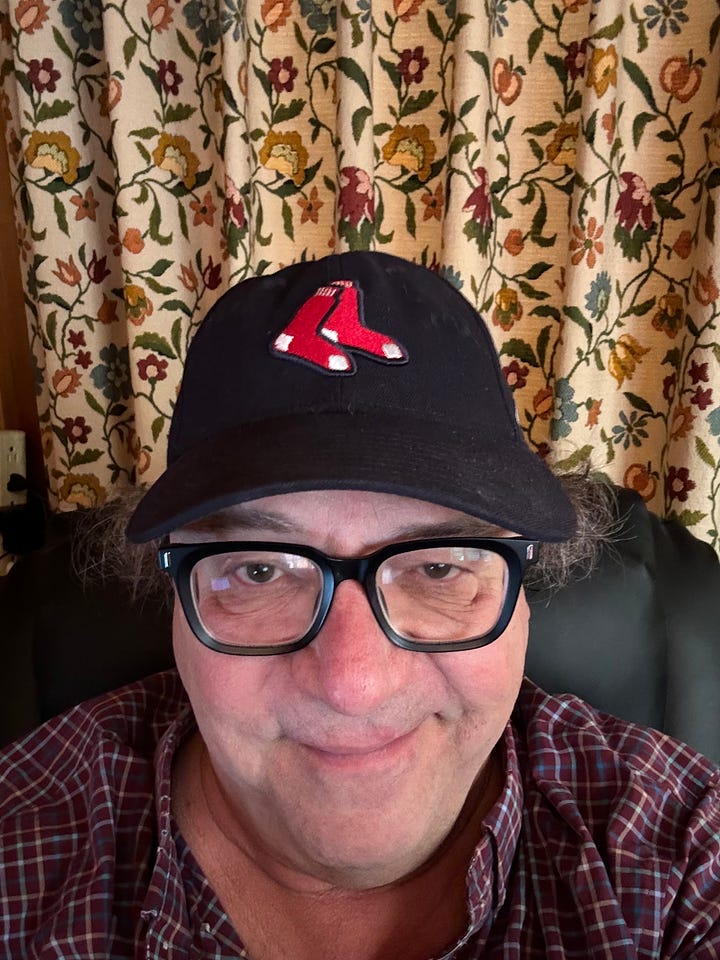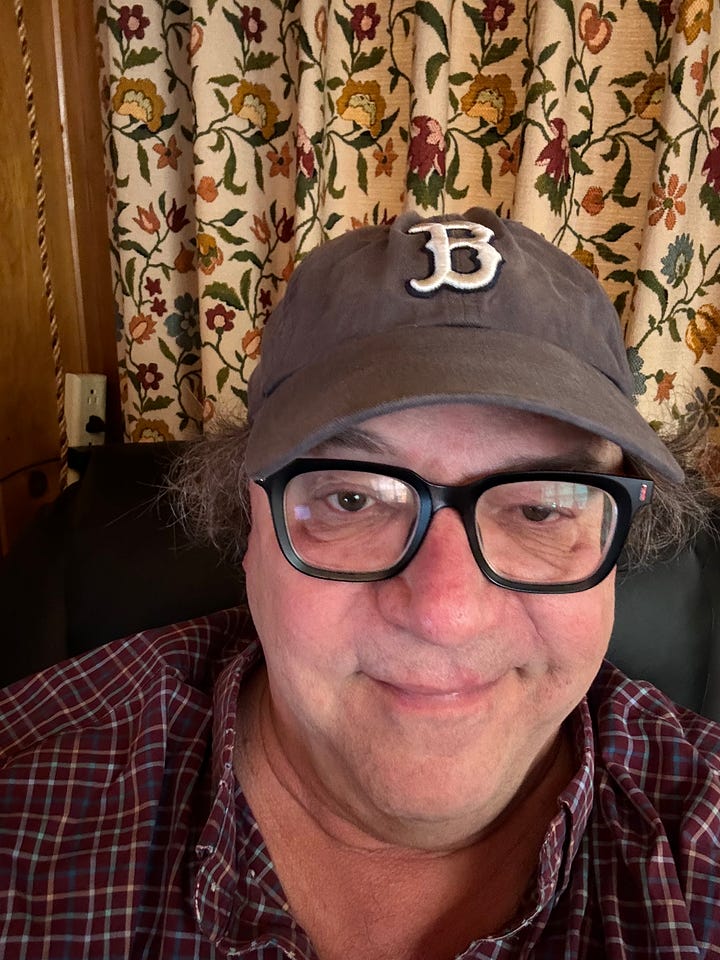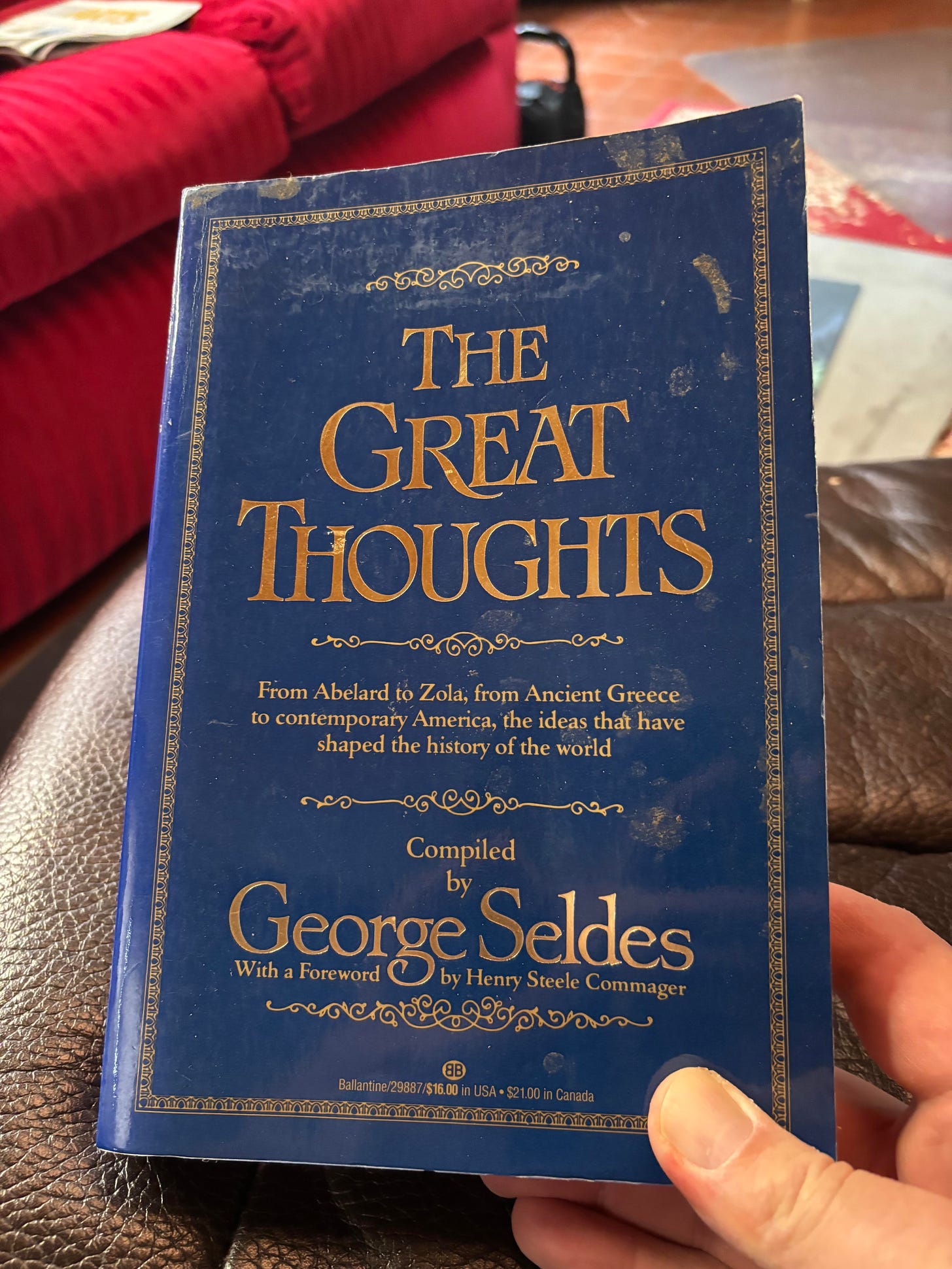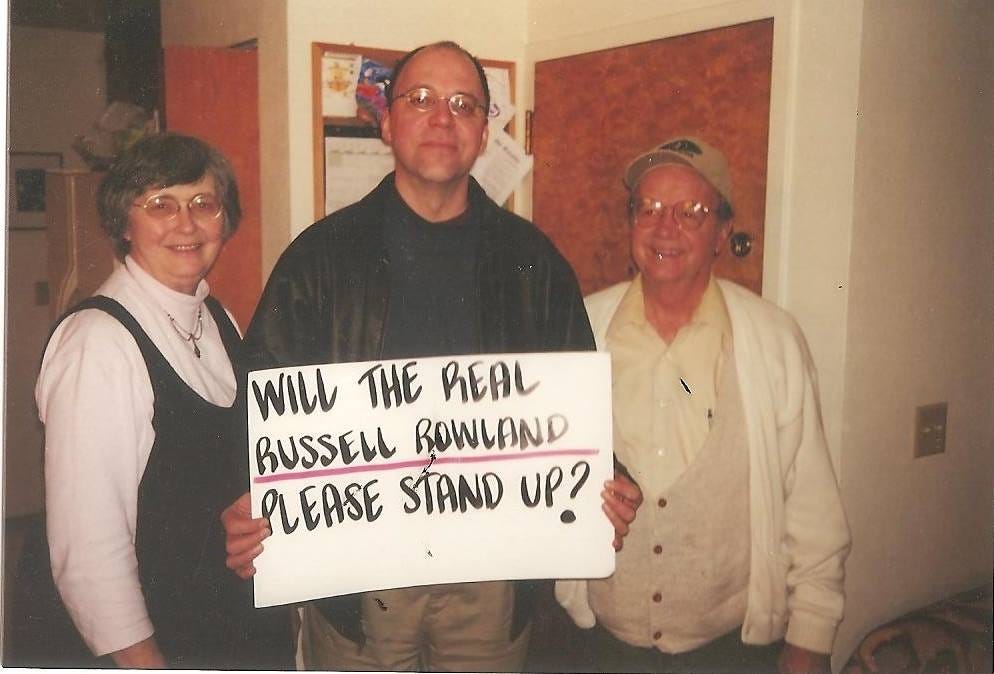Early this Thursday morning, I’m going to be boarding a plane for New York City, where two young Australian filmmakers have invited me to come and do an interview for a documentary they’re making about fortune cookies.
This is just the latest chapter in a story that seems to grow new legs now and then, for almost twenty-five years now. And it’s all because I was poor and desperate enough to take a freelance job out of complete desperation.
When my friend Bob Christoph called me one day and told me that some guy was looking for someone to write fortune cookies, I thought it was mostly just hilarious. He gave me the number for Stephen Yang, and a few days later, I sat in Stephen’s office, a resume in hand, wondering what kind of qualifications would be required for a job like this. But the only thing Stephen said was “I don’t speak very good English, so I need someone to write fortunes. Can you do it?”
Stephen asked for 700 fortunes, and I asked my brother to help me out, so he ended up writing a couple hundred. But I decided when this opportunity came up that I might as well have fun with it. I had never liked how simplistic fortune cookies are, with their false promises of sudden wealth or a tall dark stranger. Someone had recently given me a book called The Great Thoughts, which was a collection of quotes from everyone from Winston Churchill to Martin Luther to Plato.
So I decided to take the opportunity to spread a little wisdom from the great minds in history. I didn’t use their words verbatim, because there was no room to give them credit, but I paraphrased some of the quotes that I thought were most thought-provoking.
For instance, I converted this quote from British essayist William Hazlitt—”Great thoughts reduced to great practice become great acts” to “Great practice, based on great thoughts, can become great acts.” Or I changed this from Jewish Rabbi Hillel: “What is hateful to oneself, do not do to another” to “Do not do to another that which would be hateful to you.”
When I delivered my seven hundred fortunes to Stephen, I wasn’t sure whether that would be the end of it, or whether he would give me feedback. But I never heard from him again. What I didn’t realize was that, although there are a ton of fortune cookie companies in America, Stephen Yang’s fortune cookie fortune business was one of only two in the whole U.S. So my little pearls of wisdom soon found their way all over the country, and it was about six months later that I got a call from a reporter for the LA Times, Terry McDermott, who had been hearing a lot of complaints from friends of his about the fortunes they were getting in their fortune cookies. “A lot of people are saying they aren’t getting fortunes anymore,” he said. “Would you be willing to do an interview?” Of course I would.
So Terry flew up to San Francisco and bought me dinner, and again, I thought very little about it after that. I figured it would be a tiny little article in the back pages of the entertainment section. So I was shocked, after Terry called me a few weeks later and told me the story was in that day’s edition of the paper, to find an copy and see the story on the front page. “The Sage of Fortune Cookies” was Terry’s attempt to make light of the fact that the guy who was writing these little gems that went all over the world was a struggling writer who had a day job as a bookkeeper at an advertising agency. Hardly what you’d expect. But it was true, so of course I didn’t take offense. I had sold my first novel to William Morrow Publishing about a year before all this, but Morrow had been acquired by Harpercollins, and I had no idea whether my book would ever see the light of day.
So as Terry so rightly pointed out, I was one of the most widely read and lowest paid writers in the country.
But the story was still not over. A few months later, I got a call from a producer at NBC asking if I’d be interested in appearing on To Tell the Truth. I had no idea To Tell the Truth, which was one of my favorite game shows when I was a kid, was even around, but apparently they had revived it earlier that year. John O’Herlihy, well-known for playing Elaine’s boss on Seinfeld, was the host, and in the episode I appeared in, the panel included Paula Poundstone, and Meshach Taylor from Designing Women. Paula was the only one who guessed that I was the fortune cookie guy. And I saved this cue card.
So here we are today, twenty some years later. I was interviewed a couple of other times for documentaries, but it’s been years since anyone brought it up. Who knows how long this story will continue to resurface. The only thing I need to figure out now is which hat to wear to New York while the World Series is going on.









I love how this story has a life of its own!
Love this story. Will have a whole new outlook on opening fortune cookies now.